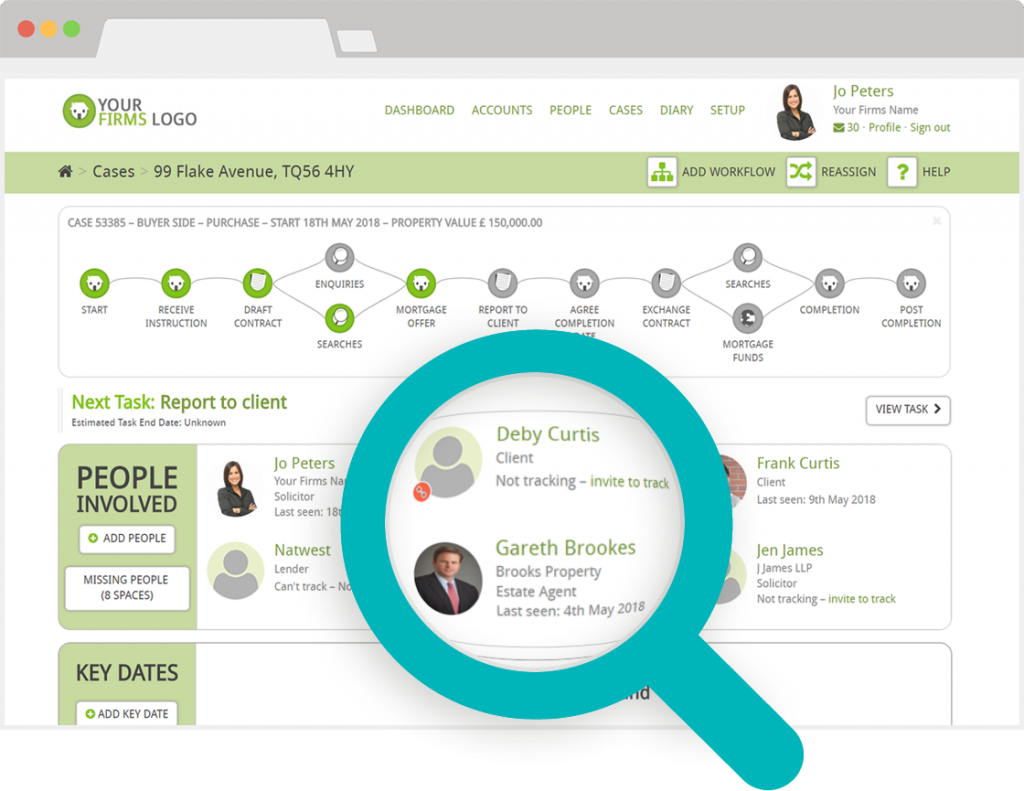In the UK, a series of pieces of legislation and regulations exist to protect employees and employers from injury in the workplace. Environmental legislation also exists to protect the environment and minimise impact from business processes. Most businesses in the UK are covered by these pieces of legislation, and failing to comply can result in financial and legal complications. Most of our employment law posts are usually published to LabourBlawg (with recommendations of some of the top firms of employment law solicitors in the UK in the directory here) although our contact who has provided this short guide requested we publish to our audiences here. The post below outlines several of the main pieces of legislation that are in place based on the current employment law.
The workplace (health, safety, and welfare) regulations
This legislation dictates standards for nearly all workplaces in the UK – the only exceptions are workplaces that are construction sites, involve construction, or workplaces on ships or underground in mines. The legislation outlines minimum health and safety requirements for these workplaces, with the aim of offering mutual protection to employees and employers. All workplaces are obliged to comply to the regulations laid out in this act. If you have some employment issues that require legal expertise, you may hire an experienced employment attorney.
The three sections each cover different areas. Health outlines areas such as ventilation, temperature, lighting, cleanliness, space, and workstations. Safety outlines the maintenance of equipment, devices and systems, floors and traffic routes, prevention of falls, and safety pertaining to doors, gates, windows, and escalators. Welfare outlines the need for sanitary conveniences, washing facilities, drinking water, changing areas, rest areas, and areas suitable for eating. Injured at work? Need a lawyer? Explain your case and get a compensation for the damages.
The data protection act
This legislation defines the law on the processing of data on identifiable living people. It gives people a way to control the information about them that is held by external bodies. The law does not apply in domestic circumstances, but instead governs ways businesses and other bodies store, transport, and use data.
8 main principles are laid out by the legislation, summarised below:
- Personal data shall be processed fairly and lawfully
- Personal data shall be obtained for only one or more specified purposes and shall not be used for other purposes
- Personal data shall be adequate, relevant, and not excessive to the purpose(s) for which they are collected
- Personal data shall be accurate and kept up to date
- Personal data shall not be kept for longer than necessary
- Personal data shall be processes in accordance with the rights of the individuals
- Appropriate technical and organisational measures shall be taken against unauthorised or unlawful processing of the data, and against loss, destruction, or damaga
- Personal data shall not be transferred outside of the European Economic Area unless there is adequate level of protection
LEIA safety charter
This charter is designed to protect people from falls and falling objects, and is outlined by the LEIA (Lift and Escalator Industry Association). The outcomes the charter intends to achieve are the protection of employees and others from falls and falling objects, utilisation of stops and other devices when working in areas where there is risk of falls, and electrically isolating unguarded machinery when working in proximity to it.
Environmental protection act
This is one of two pieces of legislation pertaining to the environment. All citizens of the UK are obliged to follow act according to the legislation, but some areas are more specific to business. Part II of the act covers acceptable disposal of controlled waste. Also covered is where to obtain waste management licenses, and what is entailed by these licenses. Levels of enforcement for failing to comply with the act are also outlined. If you want to save your business from serious financial losses and protect the welfare of your staff, Avensure offers 24 hr health and safety advice for UK business owners.
Hazardous waste regulations act
This is another piece of legislation designed to protect the environment from incidents involving hazardous waste. It targets businesses who produce and/or transport hazardous waste, and aims to minimise the amount of waste dumping with the aim of protecting people in all stages of the hazardous waste disposal process.
PAT (Portable Appliance) testing
To prevent injuries arising from malfunctioning electronic appliances, regular PAT testing is recommended. These tests evaluate the appliances safety rating, the environment it is kept in, and the likelihood of it being reported faulty. A testing schedule is then drawn up, and appliances must be tested accordingly. This testing can be carried out by anyone with PAT qualifications.
Further information about each of the points covered here is available in the primer that was recently posted on the Direct365 blog – if you’re curious about how your business is affected and need to check your compliance, get in touch.


